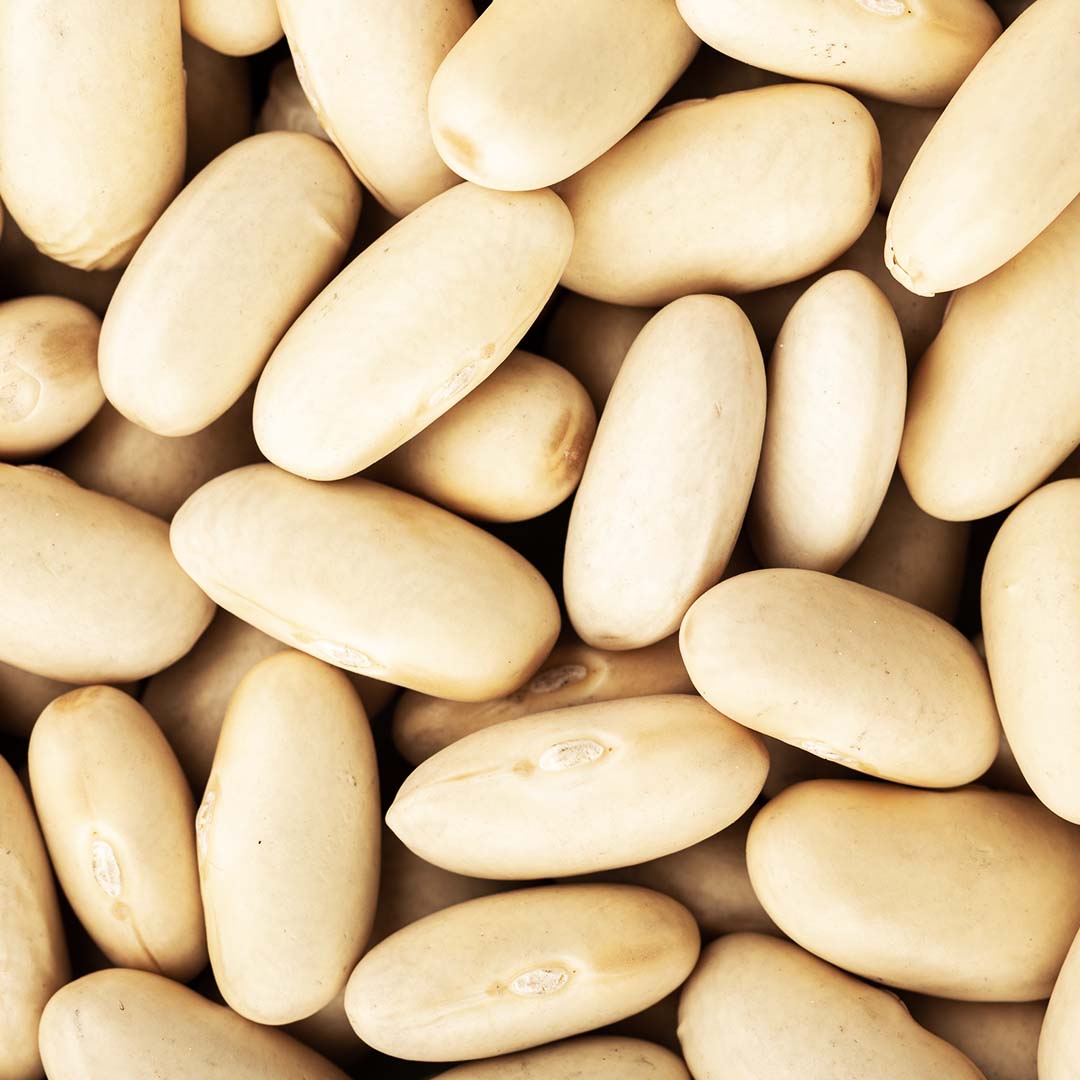Phosphatidylserine
Back to ingredients
Food Source: Soy products and cannellini beans. Also in organ meats and oily fish.
Benefits of Phosphatidylserine
- Mental performance
- Neurological health
What is Phosphatidylserine?
Phosphatidylserine is a bit of a mouthful but don’t let pronunciation get in the way of learning about this important substance for your health. Phosphatidylserine is a form of Choline and plays a vital role in cell-to-cell communication in your brain. This means that it’s an important substance for maintaining your cognitive health and working memory. Learn more about ‘How your diet can improve your mental health’ and ‘Foods and vitamins to improve your brain’.
Phosphatidylserine is a ‘phospholipid’, a fatty substance that forms part of the cell membrane, protecting and covering the brain cells. It also helps to transmit messages between the brain’s nerve cells, playing a vital role in neurotransmission. This important role in the brain means that it is associated with a range of neurological health benefits, including maintaining our cognition and memory, information learning and recall, reasoning and problem-solving, as well as supporting focus and concentration.
Studies also suggest that Phosphatidylserine might be effective at slowing age-related memory loss and improving delayed verbal recall, a memory ability often lost in early dementia. The cognitive benefits of Phosphatidylserine can help alleviate some symptoms of ADHD including short-term auditory memory, as well as having a stabilising effect on the daily functioning and emotional state of those with Alzheimer’s disease.
You may also be interested in ‘10 Foods & Supplements to Boost Brain Health’.











